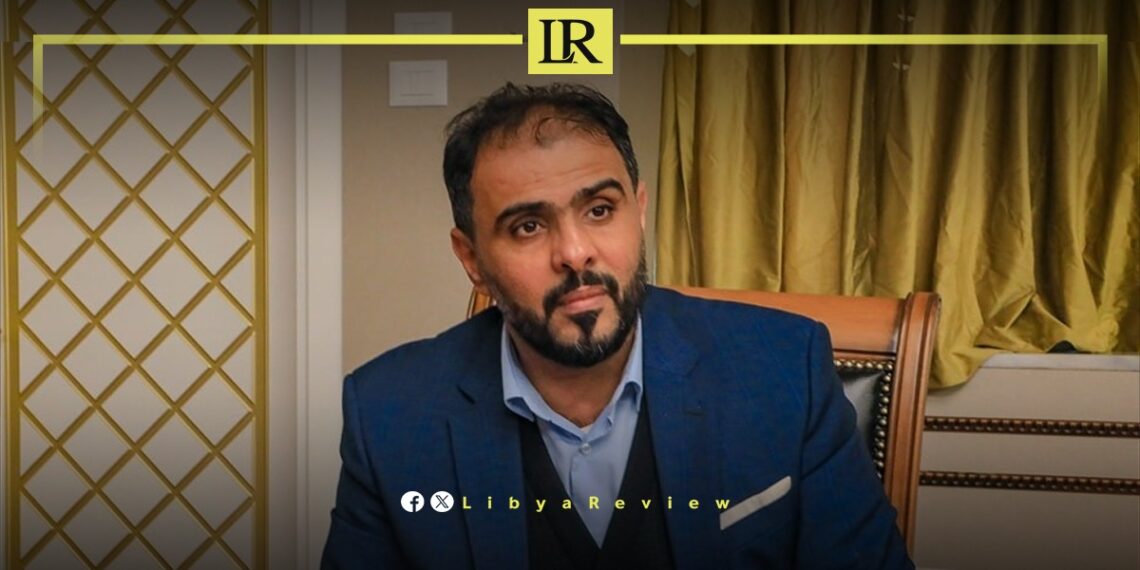Member of the Libyan High National Elections Commission Abdul Hakim Balkhair announced that the Libyan Government-designate, led by Prime Minister Osama Hammad, has provided 10 million dinars to facilitate the municipal council elections.
In a statement to the “Fawasel” platform, Balkhair revealed that the Government of National Unity (GNU) under Abdel-Hamid Dbaiba had also promised funding to the Commission but has yet to deliver any amount.
Balkhair explained that the Commission is currently fulfilling its duties with the financial allocations provided by the Hammad government, in addition to other funds remaining in the Commission’s treasury.
Discussing the roadmap for the upcoming phase, Balkhair mentioned that following the closure of the voter registry for the 60 municipal councils, the next steps will involve printing and distributing voter cards. He noted that voters with existing cards are entitled to use them, and the number of these cards will be determined, while new cards will be printed for those who do not have them.
He added that preliminary voter lists will be posted at the centers, allowing for appeals. After the courts resolve any appeals, the final voter lists will be published.
Upon finalizing the voter lists, the registration of candidates will commence, followed by the period for appeals on the candidate lists. The final step in the electoral process will be the campaign period and the voting phase.
Libya has been in chaos since a NATO-backed uprising toppled longtime leader Muammar Gaddafi in 2011. The county has for years been split between rival administrations.
Libya’s economy, heavily reliant on oil, has suffered due to the ongoing conflict. The instability has led to fluctuations in oil production and prices, impacting the global oil market and Libya’s economy.
The conflict has led to a significant humanitarian crisis in Libya, with thousands of people killed, and many more displaced. Migrants and refugees using Libya as a transit point to Europe have also faced dire conditions.


